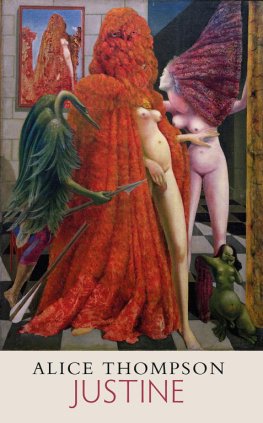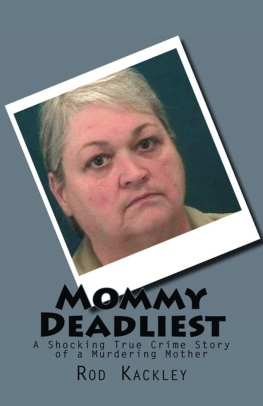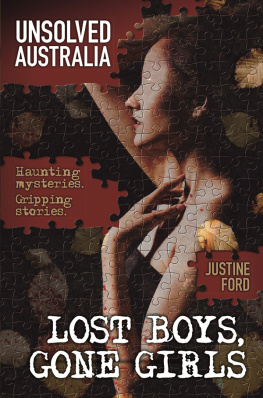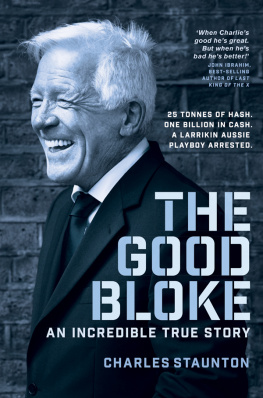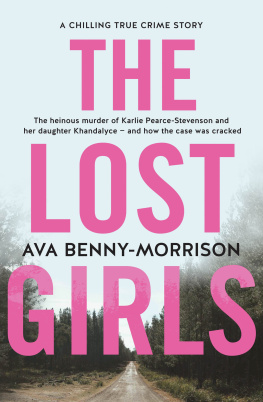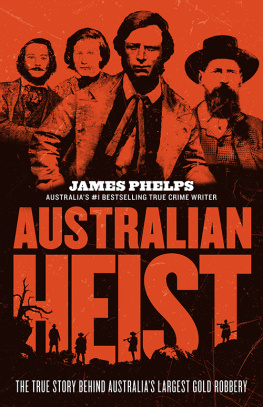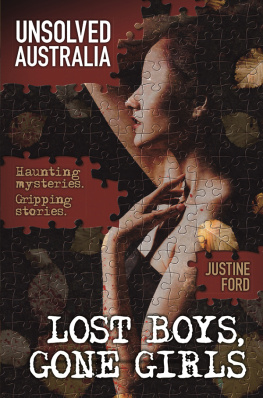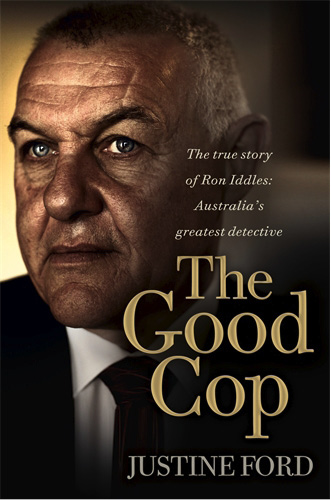About The Good Cop
A Assume nothing. B Believe nothing. C Check Everything.
In an incredible twenty-five-year career as a homicide detective, Ron Iddles conviction rate was 99%. Yet that only partly explains why Iddles is known to cops and crims alike as The Great Man.
Tough, inventive and incorruptible, stoic in the face of senseless horror yet unafraid to shed tears for a victim, Ron has applied his country cunning and city savvy to over 320 homicide cases some of them the most infamous, compelling and controversial crimes in the nations history. To the victims of crime, Ron is both a shoulder to cry on and an avenging angel.
Ron Iddles never gave up on a lost cause. He became a regular on the nightly news the dogged face of Australian justice. Working long hours dodging bullets, chasing leads and outwitting killers, Ron would tell his teams: The answer is just one call away. And in 2015, that belief saw him crack Victorias oldest unsolved homicide, yet another remarkable feat in a life devoted to keeping the public safe.
This is the extraordinary inside story of a real crime crusader. Ron Iddles. The Good Cop.
CONTENTS
Dedicated to my amazing wife Colleen and our three children, Joanne, Matthew and Shae.
I know there were many special times in your life when I was not there, moments or events I will never experience. Without your total support I could never have done and achieved what I did as a homicide investigator over twenty-five years.
The community will ever be grateful for the sacrifice you made.
This book is for you and the grandchildren.
Ron Iddles
To Carmel and Carol, for making so much possible.
And to Ron Iddles, for tirelessly helping so many.
Justine Ford
RONS POLICE FORCE TIMELINE
1973 | Joined the Victoria Police |
1980 | Started at the Homicide Squad |
1983 | Completed Sergeants Course |
1985 | Seconded to the National Crime Authority (NCA) |
1986 | Awarded Chief Commissioners Certificate for Bravery and Courage on Arrest on 29 May 1984 |
198788 | Seconded to the Drug Squad |
1989 | Returned to the Homicide Squad |
1989 | Resigned from Victoria Police |
1994 | Rejoined Victoria Police and returned to the Homicide Squad |
1999 | Awarded the Blue Ribbon Foundation Angela Taylor Scholarship to study Criminal Profiling and Serial Killers at the FBI Academy, USA |
2001 | Awarded the Australian Police Medal (APM) |
2007 | Awarded Certificate of Recognition by Victoria Police for Subject Matter Expertise in Suspicious Death Investigations |
2008 | Awarded the Chief Commissioners Ethical Leadership Certificate |
2010 | Awarded Commendation for Investigation into the Murder of Erwin Kastenberger on 8 March 2005 |
2012 | Awarded Policeman of the Year by the Blue Ribbon Foundation |
2012 | Awarded the Mick Miller Detective of the Year |
2014 | Finished at the Homicide Squad |
2014 | Appointed Secretary of the Police Association Victoria |
2015 | Awarded Order of Australia Medal (OAM) |
FOREWORD
It wasnt a great beginning for the new homicide detective who would go on to become a legendary murder investigator.
It was June 1980 when Ron Iddles stepped into a Thornbury bookshop where owner Maria James had been stabbed sixty-seven times in a frenzied attack that remains unsolved to this day.
It was to be one of the few cases that Ron Iddles would leave as an open file in 2014 when he finally stepped aside from the Homicide Squad to become Secretary of the Victoria Police Association.
When he walked away a veteran senior sergeant he had investigated over 300 murders and checked hundreds more suspicious deaths. He left with a Bradman-like success rate of around 99 per cent.
In a business where detectives can easily become hardened to human tragedy Ron Iddles remained passionate, emotional and committed. Physically brave and mentally tough, he is brought to tears recalling some of the tragedies he has encountered.
While Ron had the brains, the dedication and the energy to become a first-class investigator, he also had the essential emotion needed to be a murder cop empathy. The ability to relate to the victim he would know only after death, the family devastated by their unspeakable loss, and importantly, the ability to understand why the offender chose to kill.
By building a relationship with murderers, Ron was able to take them on a journey that began with trust and ended with a confession.
Most are not bad people, they have just made bad choices, he says.
His refusal to condemn killers has fostered unique relationships with some suspects. When one was released after nearly twenty years, his first call was to Iddles to thank him. He said he was spiralling out of control and was never going to stop committing crime until he was caught. He says he is determined to take his second chance now.
Rons methodical style meant that, when he laid charges, they tended to stick. He lost only three Supreme Court cases and each time went to the dock to shake hands with the man he believed had got away with murder. Each time he gave the same piece of advice: You have just copped the biggest break you will ever get, so take advantage of it.
It was a long way from the lounge room of the family dairy farm near Echuca where as a schoolboy he would sit and watch episodes of the TV drama Homicide .
In drama, the police managed to solve a murder in sixty minutes. In the reality it could take decades.
A few years ago Ron asked me to join him for a charity fundraiser in Echuca for years he has quietly raised a small fortune for good causes around the state.
On the way he said we would be meeting Tammy Mills, a Shepparton News reporter who had persuaded him to open a local cold case homicide investigation.
It was the murder of Michelle Buckingham, sixteen, who disappeared in October 1983. She was last seen walking towards the Strayleaves Caravan Park on 21 October. Like Maria James, she had been stabbed repeatedly without obvious motive.
Mills idea was to bombard Shepparton with the story in the hope that someone with inside knowledge would finally come forward.
It was a million-to-one chance but sometimes long-shots actually win.
I kept telling her we didnt have the staff or resources to work on it but she kept calling me and kept asking questions. Eventually I agreed to reopen the case, and that if she wrote about it, any leads would be followed up, he says.
And she did, writing a comprehensive series for the Shepparton News in August 2012 that covered the murder, the initial investigation and the aftermath.
Police received thirty tips, but only one intrigued Ron. It was from a man who agreed to meet the veteran detective at the Shepparton East Football Club ground. His name was Norman Gribble and he would tell Ron the secret he had kept for decades.


